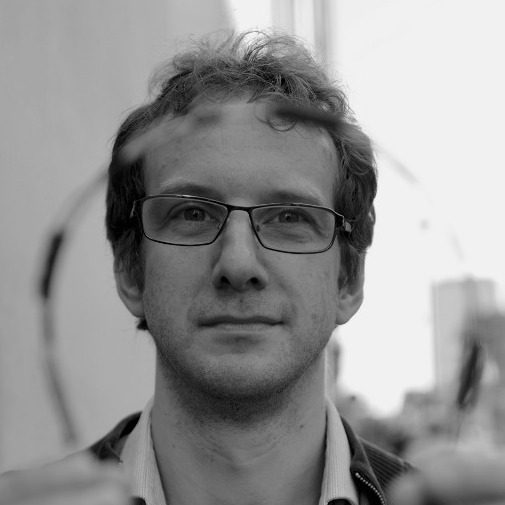Inheriting Mantis from Chris Huggett
Chris Huggett founded the Oxford Synthesiser Company in the 1970s. He spent his career designing what became classic instruments: the EDP Wasp and OSCar synthesisers, most of Akai's samplers in the 1990s, and pretty much all of Novation's musical products.
In 2019, Chris took on a commission for a new company. Given creative free rein, he started developing a hybrid synth that revisited some of his earliest work, but improved it with modern features. Unfortunately, he was diagnosed with cancer at around the same time, and didn't survive the first lockdown.
Having worked with Chris for a while at Novation, and being a little involved with the same new company, I was standing in a footlight when the music stopped. With the permission of his estate, the contents of Chris's desk and hard drive allowed us to inherit a well-conceived, sometimes brilliant, but technically rough proof of concept. We were given permission to see what we might do with the hardware and software.
As a solo engineer, my job was to understand the context and intentions embodied in Chris's draft, to shape and polish it without losing his fingerprints, and to see it into production before the money ran out.
This talk will cover the technically interesting aspects of this project, following the evolution of Chris's demo into a manufacturable product and a codebase for the future, whilst working out which of his fingerprints he meant to polish out and which to leave.

Ben Supper
Proprietor
Supperware Ltd
Since 2018, Ben has been a freelance developer, helping other people to deliver music technology. PWM borrowed him to complete the hardware and firmware design for their first two synths. This, and an on-off history of working with Chris Huggett that extended over more than a decade, is why he's speaking about OSCar this year. Ben also developed and sells the Supperware head tracker, which adds motion capture to headphones. This small product became the standard way for immersive audio producers to work and share their music away from large loudspeaker arrays.
Before 2018, Ben was responsible for the electronic and firmware designs of several products, including Novation Impulse, Launchpad, the sensor DSP for the ROLI Seaboard, and large chunks of the Novation Mininova firmware. As Head of R&D at ROLI for three years, he was responsible for making sure that its team shipped their first few products.
Ben enjoys working in areas that bridge specialisms, which is why he's a hardware person at a software conference. His background incorporates acoustic design (he has a PhD in spatial psychoacoustics), hardware and firmware development, DSP, and writing apps when he must.
He has been involved with ADC since it started in 2015, and has talked about all of these subjects.